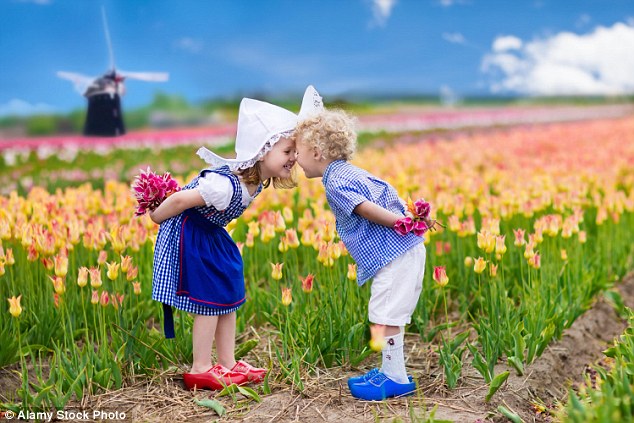
No, you didn’t read it wrong, there is a deliberate typo in the title of this blog, just as there was in the 2006 movie of the same name. Did you watch it? It drove me insane looking at the advertisement poster, until I realized the typo referred to something in the movie. I watched it as a new parent and I think a whole new level of ‘crying buckets’ was defined for me that year. I hope this isn’t a spoiler for you, but it absolutely broke my heart to see the little boy sleeping on a toilet floor, and to know the pressure his father must have been under to have to do that. It was even more heartbreaking to know it was all based a true story. I don’t think I could have coped if things didn’t work out for them in real life and I was relieved to know the father went on to own a successful stockbroking firm. There are some important life lessons in that movie.

Typo and plot aside, the title makes one ponder the ‘bigger picture.’ What is the pursuit of happiness? Is it being a millionaire? While most people might agree that money can’t buy you happiness, I think we can acknowledge what it does buy up to a point, particularly where the essentials of life and security are concerned. Beyond that ‘point,’ it definitely gets subjective, which actually brings me to my point. Did you know that Dutch children are the happiest kids in the world?
I heard this a few years ago, but recently read more about it because a friend forwarded me an article from the Telegraph telling me, “it’s time to go Dutch.” In 2013, Unicef published a study based on 29 industrialised countries, with the result indicating Dutch kids were the happiest. It was based on factors such as material wellbeing, health and safety, education, behaviors and risks, housing and environment. The UK was ranked 16 and the US came in at 26.

In 2017, authors Rina Mae Acosta and Michele Hutchison published a book titled The Happiest Kids in the World: How Dutch Parents Help Their Kids (and Themselves) by Doing Less. Acosta is American and Hutchison is British, and they are both married to Dutch men, living in the Netherlands. The telegraph article was about this book and it included the authors stating some of the reasons for this happiness, which included:
- Dutch kids are seen and heard, their opinions matter
- Dutch women are very practical, they don’t worry about looks or glamour. Happy mommies = happy children
- Dutch dads play a more equal role, there is a concept called Daddies Day Papa dag, where part-time fathers stay at home with the kids
- Dutch kids don’t have much school pressure and focus on the love of learning itself
- Dutch parents don’t do things for their kids that they can do themselves -this fosters independence and also gets rid of ‘mompetition’ or the mommy guilt prevalent in some cultures
- The style of discipline is authoritative not authoritarian
- Dutch families spend a lot of time outdoors on simple pleasures, and finally, they eat chocolate sprinkles Hagelslag for breakfast.

Anyway, I forwarded the article to a few friends around the world and the range of responses I got were: “well, chocolate sprinkles would make me happy everyday,” “hehehe, try living that dream in Asia,” “of course Dutch parents are happy, they work less than 50 hours a week!” “Part-time dads? I can’t even find a part-time Mom job!” “Sure, Dutch kids are happy, but do they achieve a lot?” “Who cares about happy?” and, clearly one person who didn’t read the article, “Of course everyone’s happy - pot!” It might be semantics, but it seems that ‘happiness’ may not just be defined culturally, but er, personally.
On a more serious note, assuming we all want our kids to be happy, what in Dutch parenting should we pursue and does it even matter? Given my husband is half-Dutch, I’ve decided I need buy the book and find out more, but in the meantime, I already have a few takeaways from the excerpts: First, I’m not going to put my 3-year-old’s shoes on when she can do it herself (it may take 10 additional minutes, but, whatever). Secondly, I need to listen more and not just wave authoritatively at my children to do tasks I have created (hey, I’m Asian). Thirdly, I need to bust out those sprinkles a bit more because the thought of eating them while I download the e-book, makes me the kind of happy I most definitely want to pursue. Now!
[Image via Daily Mail, theexperimentpublishing.com]
For more Dragon Mama, click here.


















